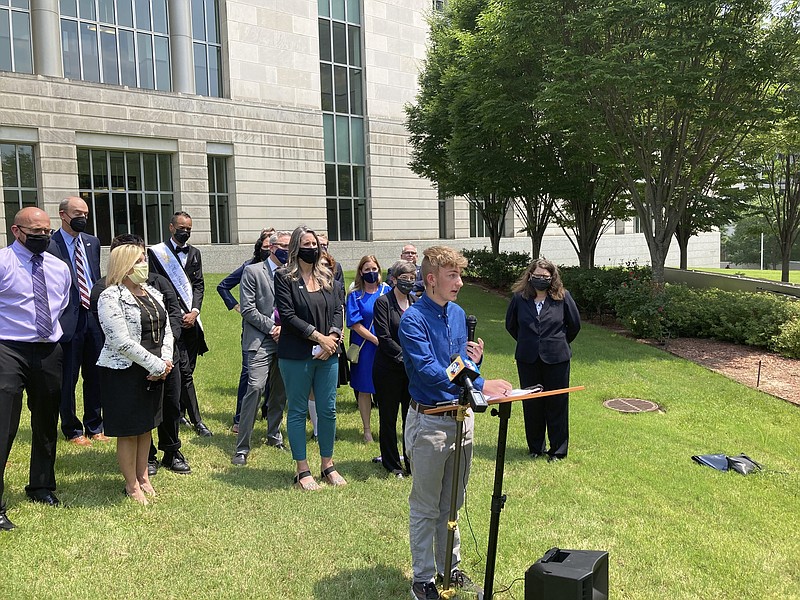The trial over the state's first-in-the-nation ban on gender affirming health care for transgender youths under 18 resumed on Monday.
Monday's proceedings in the lawsuit contesting the ban, which is also the first lawsuit of its kind in the country, began with the testimony of a witness who accused proponents of labeling efforts to use psychoanalysis to treat gender dysphoria as “conversion therapy.”
Dr. Stephen Levine, a clinical psychiatrist at Case Western Reserve University School of Medicine in Ohio, testified that the standards of care established by the World Professional Association for Transgender Health are intended to advocate for transgender affirmation therapies and not to address the root causes of gender dysphoria.
Levine said that psychological disorders are typically treated early with a comprehensive psychological evaluation, but he said gender dysphoria represents the lone exception.
“Affirmative care says treatment should only be supportive of transgender therapy,” Levine said.
His testimony directly contradicts testimony from the first week of the trial. Expert witnesses for the plaintiffs stressed the need to evaluate patients to ensure that gender dysphoria was an accurate diagnosis or if other factors were at the root of the patient’s discomfort.
